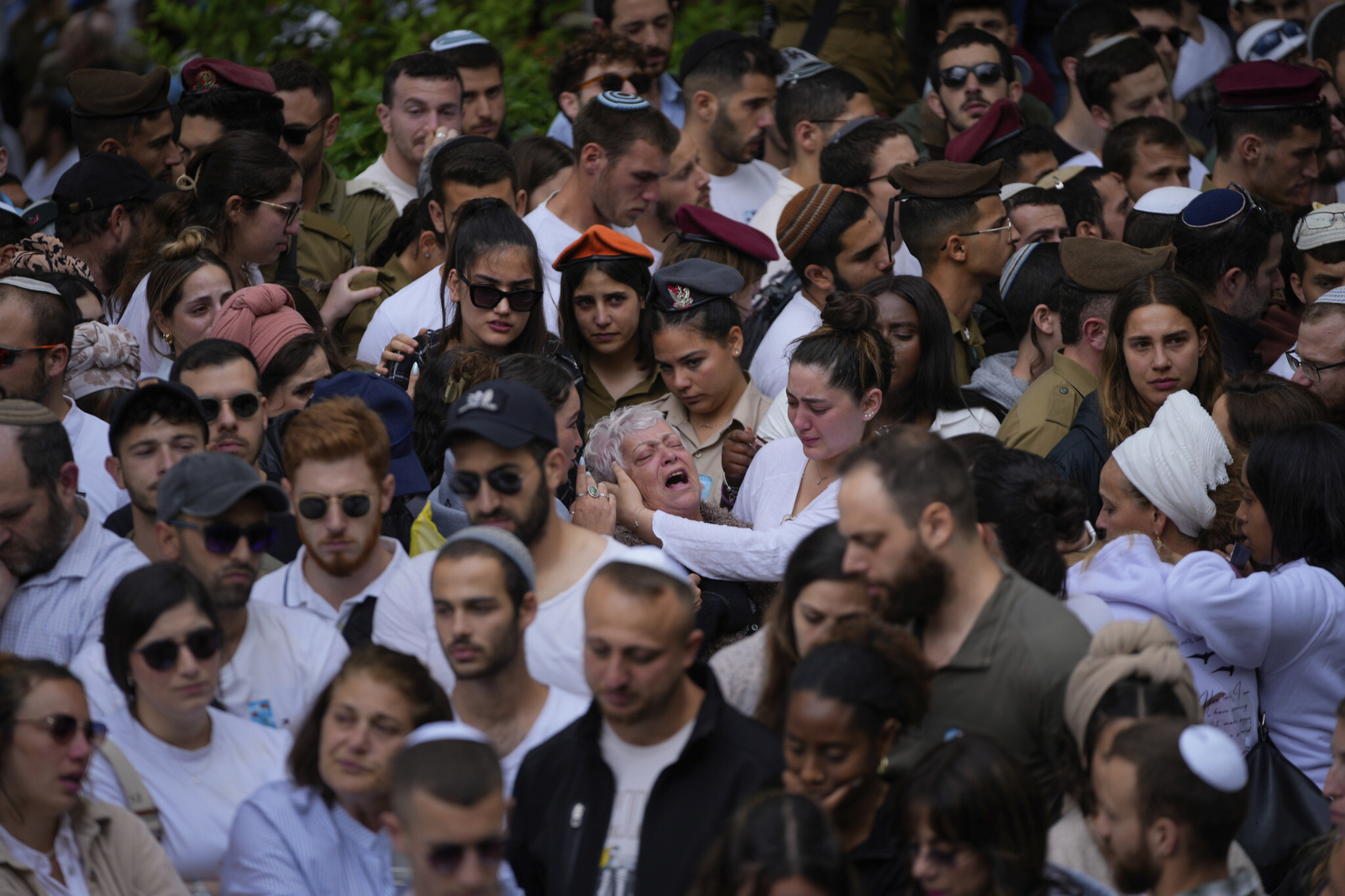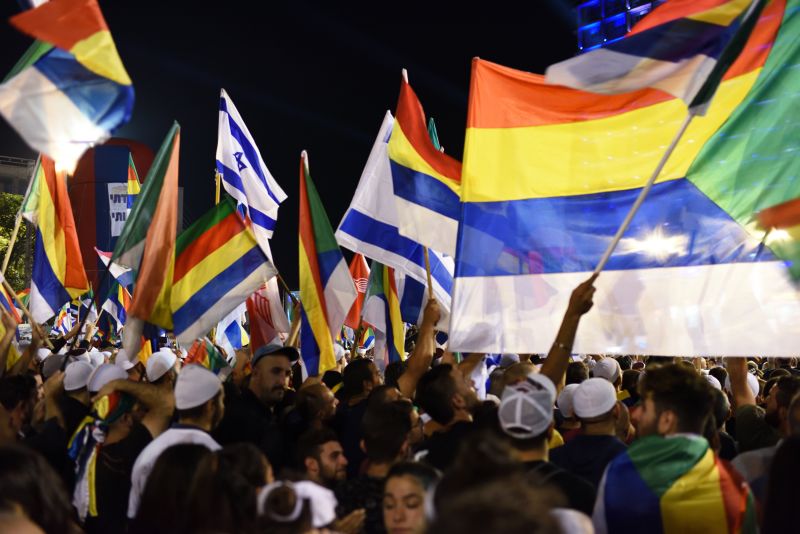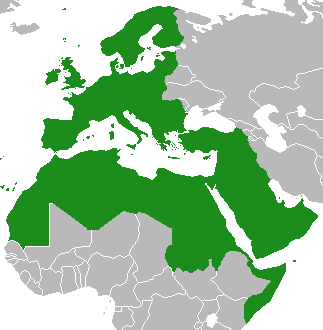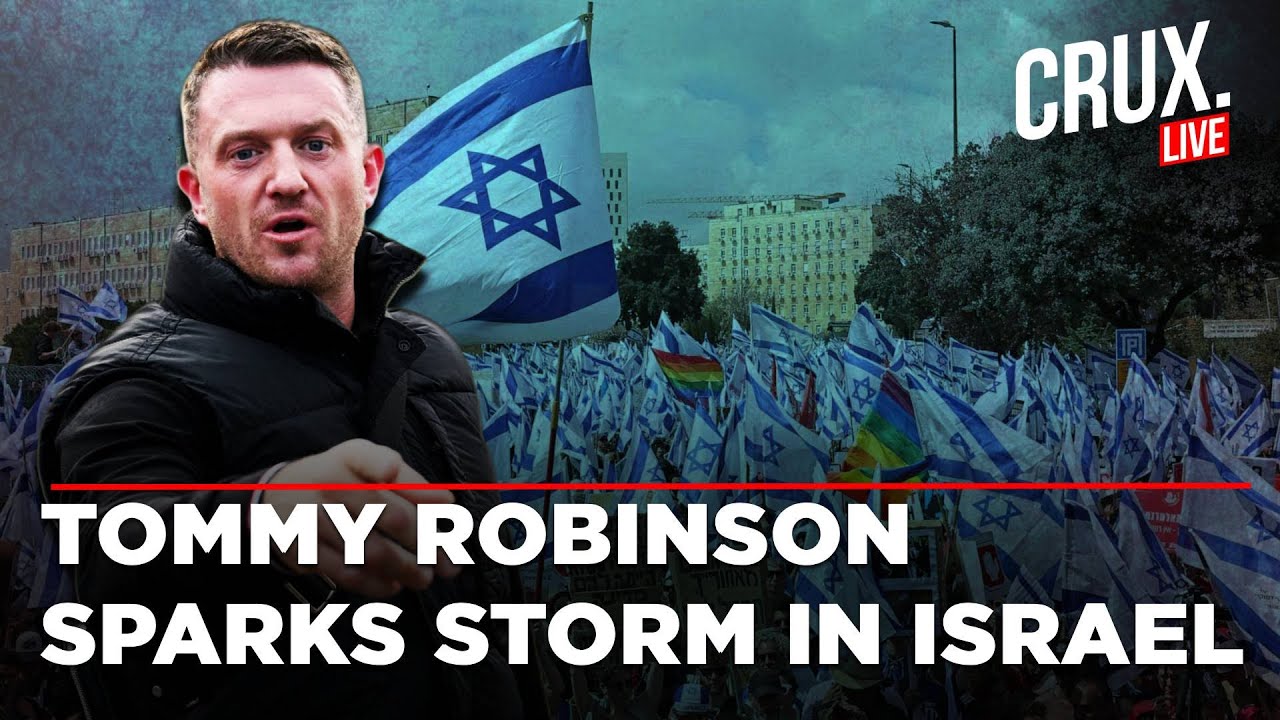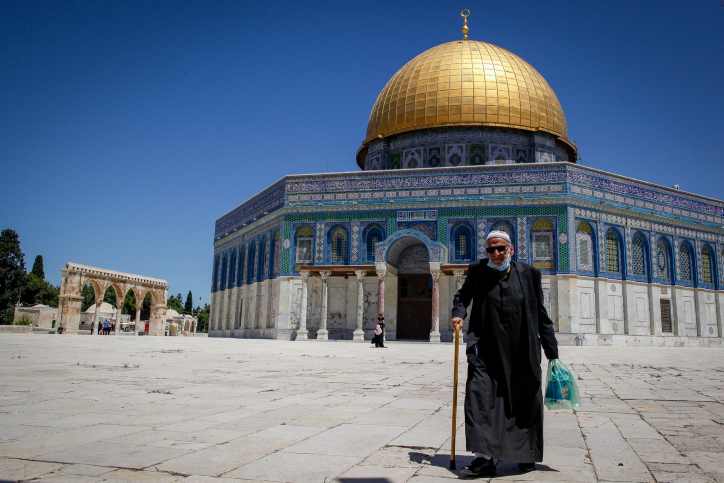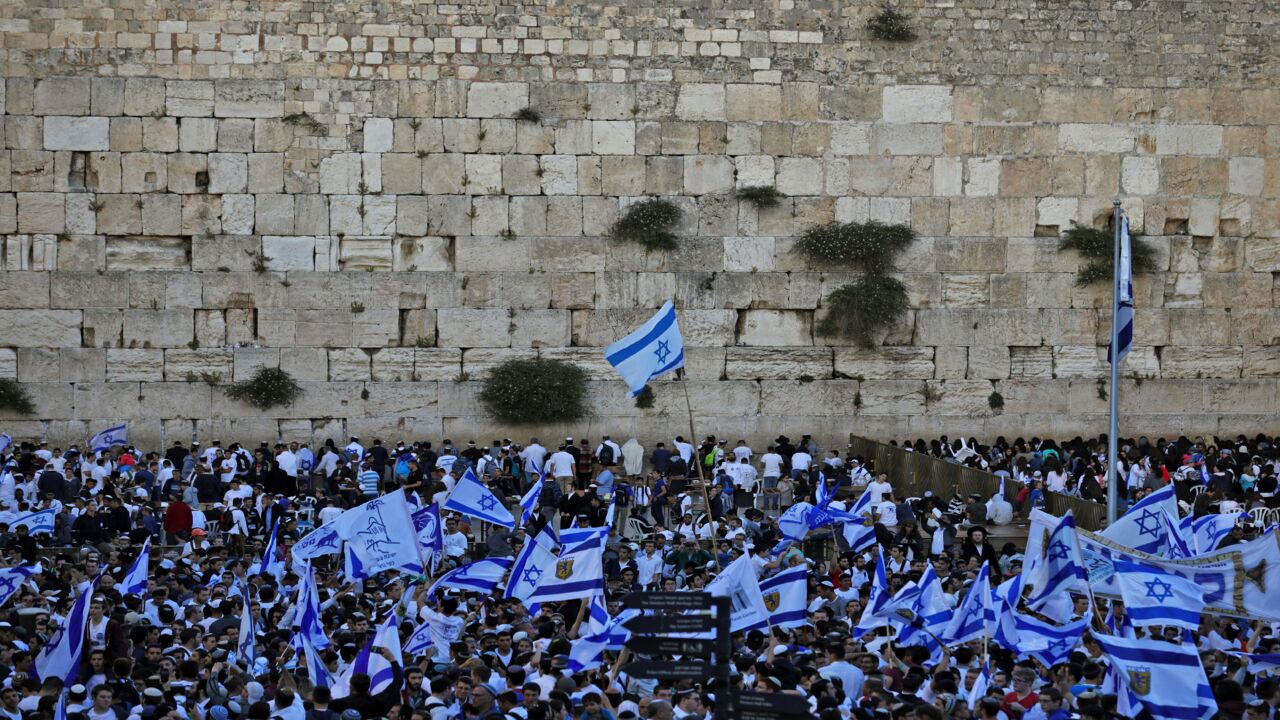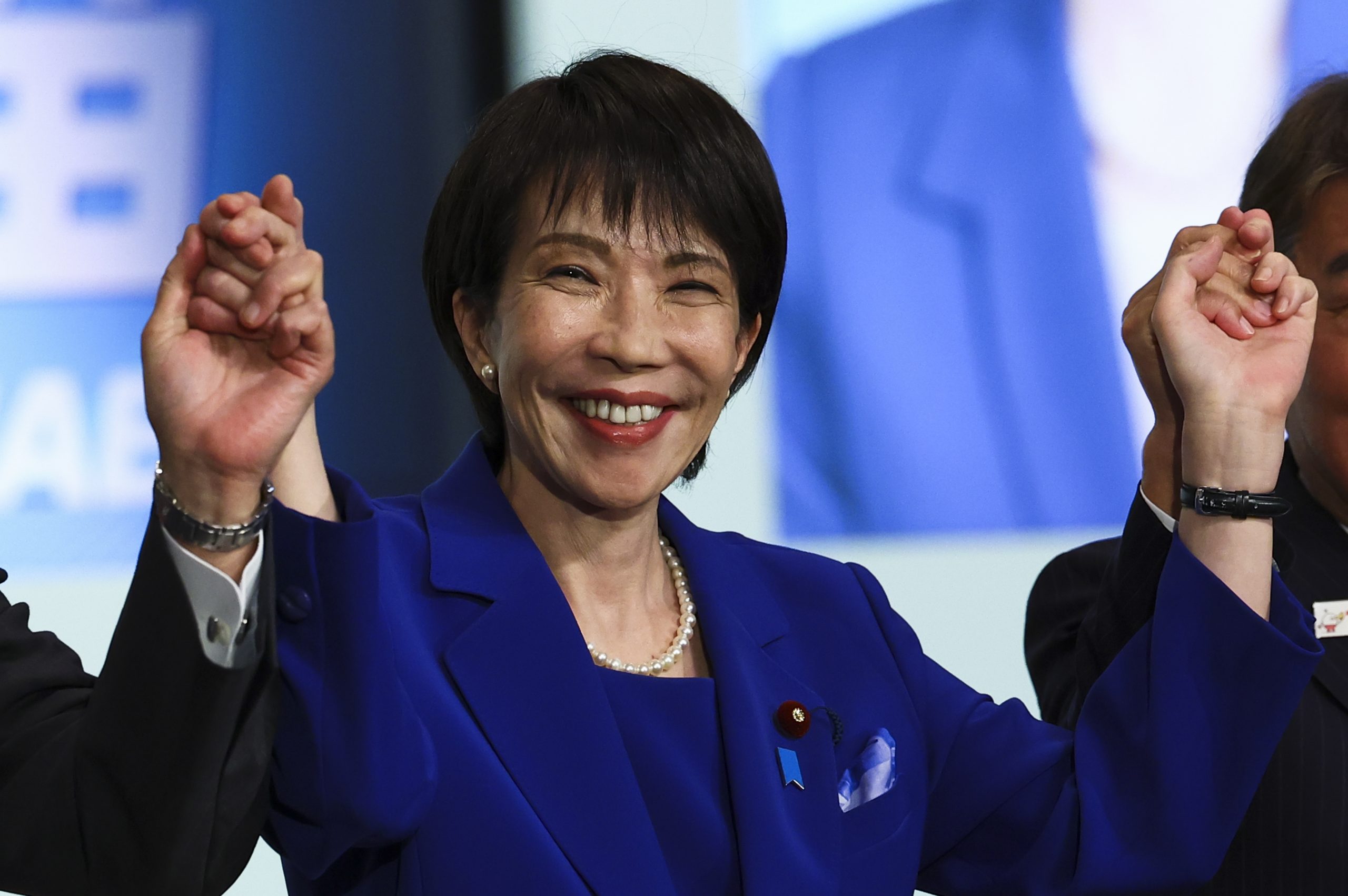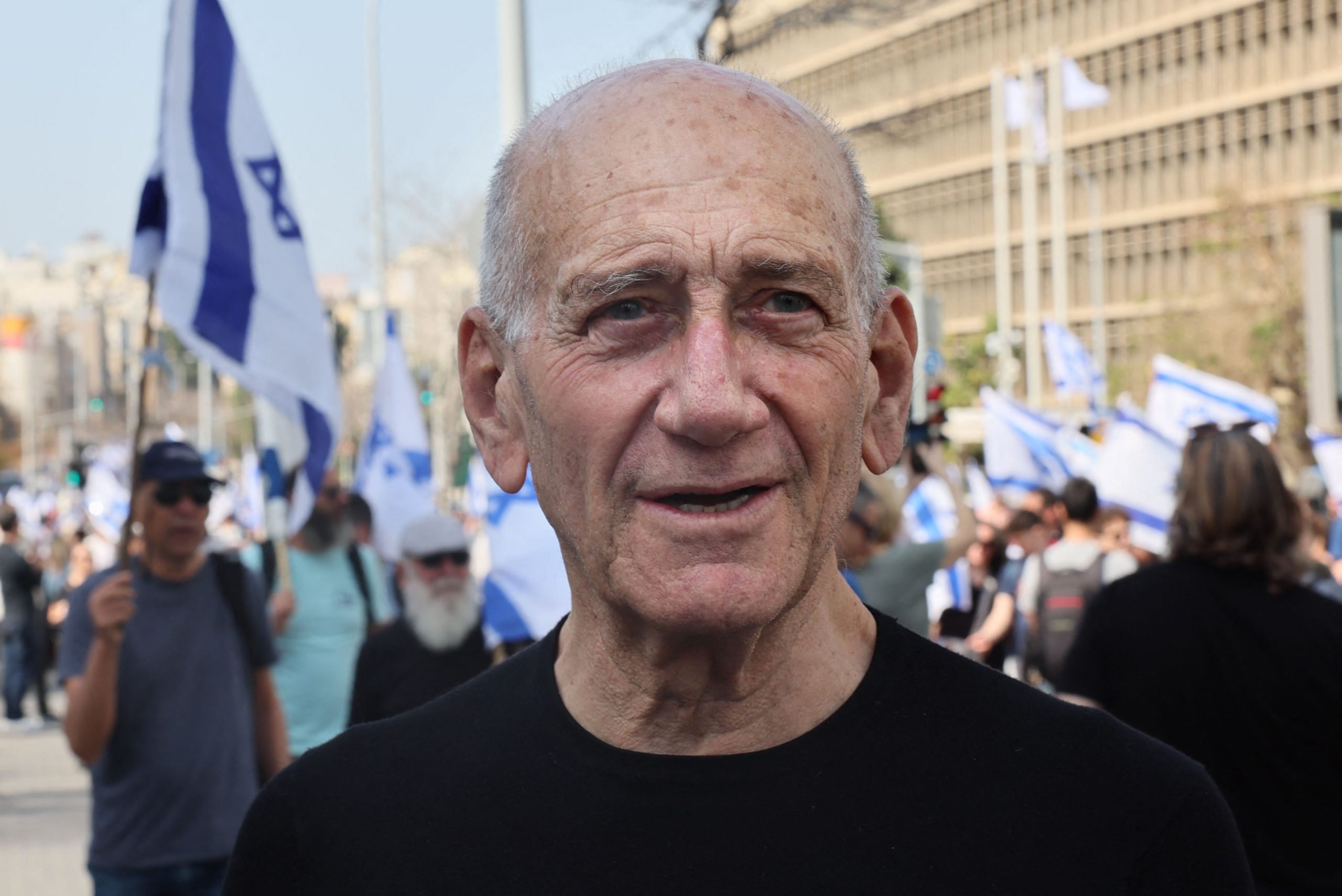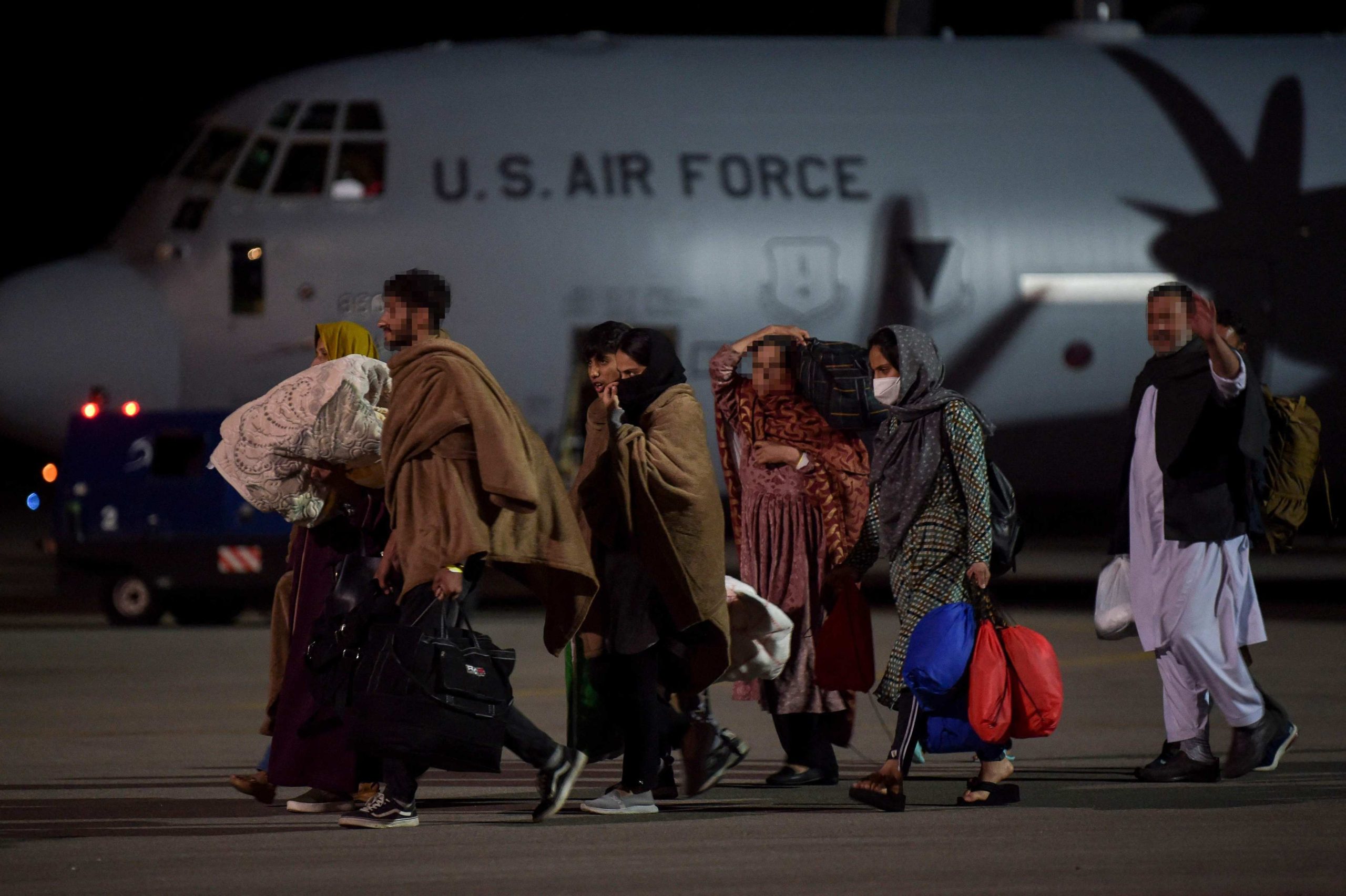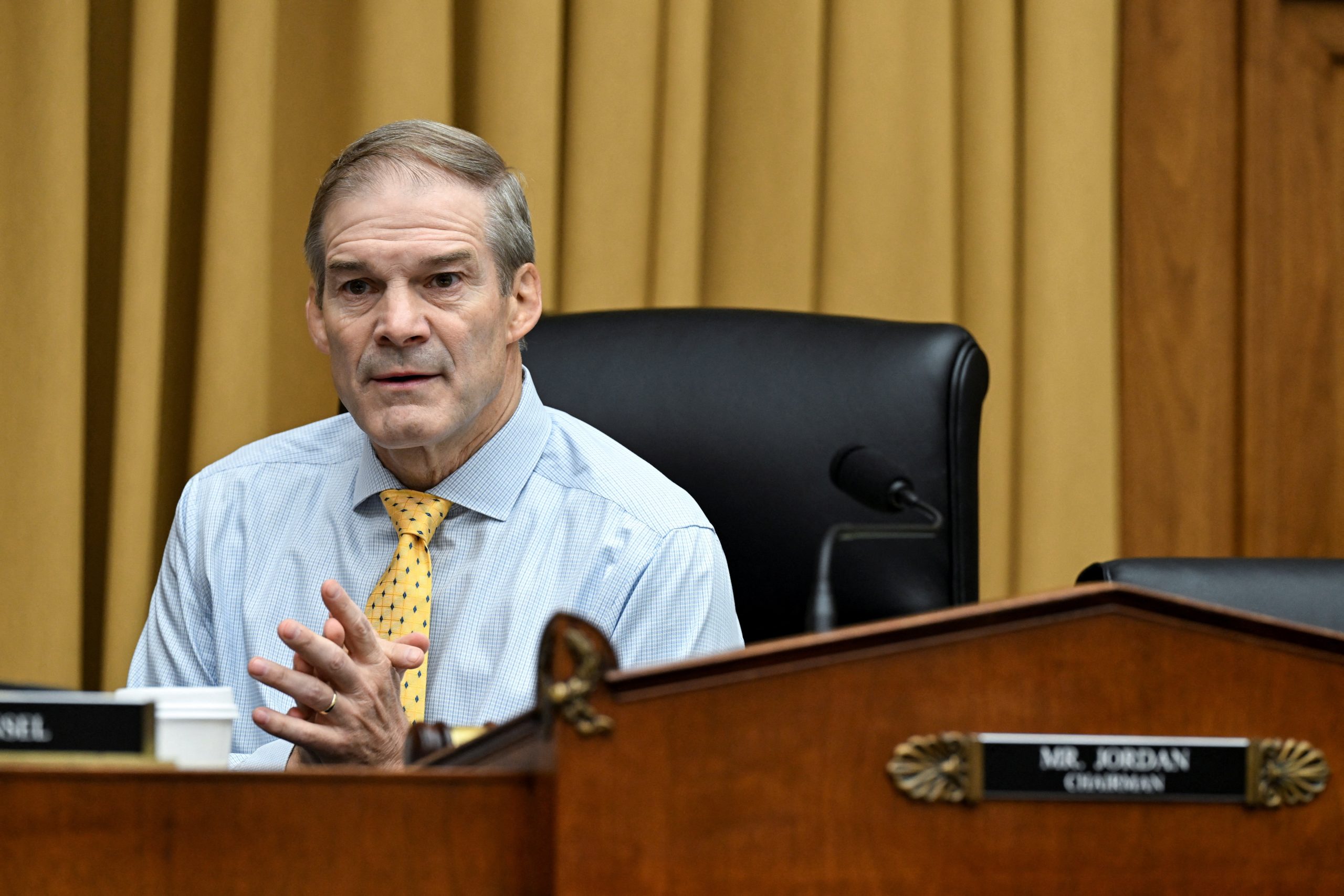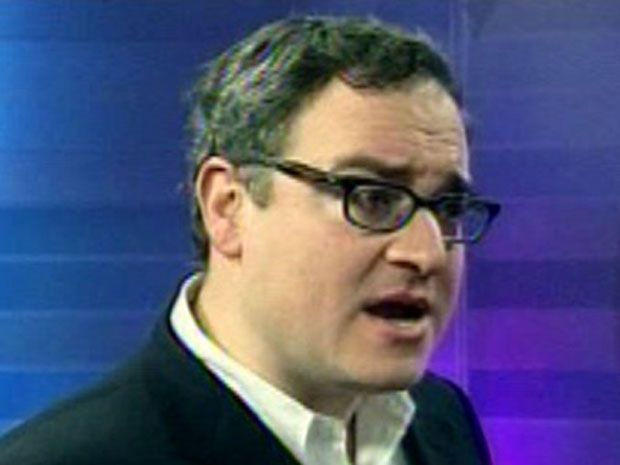Avi Yemini | October 26, 2025 | News Analysis
For decades, activists worldwide have perpetuated the claim that Palestinians face oppression under Israeli rule. However, during a visit to Jerusalem’s Old City, Tommy Robinson posed a direct question to local Palestinians: “Where would you rather live — Israel or ‘Palestine’?” The responses challenged entrenched narratives and exposed contradictions in the “Free Palestine” movement.
The Old City, a site of profound historical and religious significance, was once home to 1,299 Jewish families, 21 synagogues, and six centers of learning. Today, Israeli security measures protect Jewish residents returning to the area. Amid this complex backdrop, Robinson asked Muslim residents — many identifying as Palestinian — about their preferences.
“Here,” one man stated immediately. Another added, “Much better here.” Others highlighted safety, opportunities, and freedom under Israeli governance. A local Muslim emphasized he had never faced discrimination, while an Ethiopian Jew rejected the notion of Israel as an “apartheid state.”
These accounts contrasted sharply with Western claims of systemic oppression, revealing a reality of coexistence and stability. Residents spoke of working alongside Jews and Christians, living peacefully, and raising families in a secure environment. One man urged: “People should come to Israel and see for themselves. The news doesn’t say the truth.”
Robinson’s approach bypassed political rhetoric, focusing instead on firsthand testimony. Over subsequent days, he and Avi Yemini planned to visit areas under Palestinian Authority control to compare experiences.
The interviews underscored a growing disconnect between global narratives and on-the-ground realities in Jerusalem. While the “Free Palestine” movement continues to gain traction, local voices offer a different perspective—one of agency, safety, and pragmatic choice.
